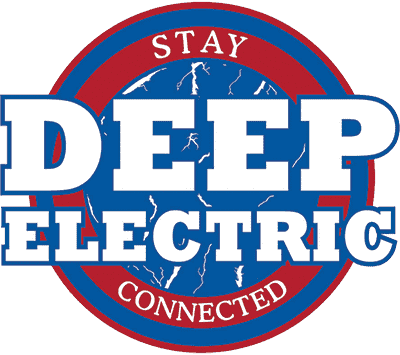Hidden issues with Aluminum Wired Homes
While it might be tempting to believe that a home with aluminum wiring is safe because the wiring hasn’t caused problems for 30 or more years, Aluminum wiring in your home presents a very serious potential fire hazard. According to the Consumer Product Safety Commission (CPSC), unless certain safety procedures are undertaken, every outlet, light switch and junction box connected to such circuits is a fire waiting to happen. Between 1965 and 1973, single-strand aluminum wiring was sometimes substituted for copper branch-circuit wiring in residential electrical systems, due to the sudden escalating price of copper. Unlike Copper, inherent weaknesses were discovered in Aluminum that leads to its disuse as a branch wiring material
Although properly maintained aluminum wiring is acceptable, aluminum will generally become defective faster than copper due to certain qualities inherent in the metal. Neglected connections in outlets, switches and light fixtures containing aluminum wiring become increasingly dangerous over time. Poor connections cause the wiring to overheat, creating a potential fire hazard. In addition, the presence of single-strand aluminum wiring may void a home’s insurance policies. Inspectors may instruct their clients to talk with their insurance agents about whether the presence of aluminum wiring in their home is a problem that requires changes to their policy language.

Some Recommended Actions
Aluminum wiring should be evaluated by a qualified electrician who is experienced in evaluating and correcting aluminum wiring problems. Not all licensed electricians are properly trained to deal with defective aluminum wiring. The CPSC recommends the following two methods for correction for aluminum wiring:
- Rewire the home with copper wire. While this is the most effective method, rewiring can be costly in some cases.
- Use proper repair materials for the wire type.
Although not recommended by the CPSC as methods of permanent repair for defective aluminum wiring, the following methods may be considered:
- Application of anti-oxidant material. This method can be used for wires that are multi-stranded or wires that are too large to be effectively terminated by certain tools and materials.
- Pig-tailing, This method involves other materials with the aluminum wire and terminal connectors, switches, wall outlets or another termination device. This method is only effective if the connections between the aluminum wires and other materials are extremely reliable. Pig-tailing with some types of terminations, even though Underwriters Laboratories might presently list them for the application, can lead to increasing the hazard. Also, beware that pig-tailing will increase the number of connections, all of which must be maintained. Other Aluminum Wiring Repair (AWR) groups advise that pig-tailing can be useful as a temporary repair or in isolated applications, such as the installation of ceiling fans, light fixtures and so on.
- CO/ALR connections. According to the CPSC, these devices cannot be used for all parts of the wiring system, such as ceiling-mounted light fixtures or permanently wired appliances and as such, CO/ALR connections cannot constitute a complete repair. Also, according to other researchers, these connections often loosen over time.
- Alumiconn. Although other researchers believe this method may be an effective temporary fix, they are wary that it has little history, and that they are larger than some copper termination materials which are often incorrectly applied.
- Replace certain failure-prone types of devices and connections with others that are more compatible with aluminum wire. Call or contact us today for your aluminum wiring electrical safety inspection.
Let Deep Electric Inc. be your Electrical Contractor of choice for your Lighting and Electrical needs. Remember with Lighting and Electrical issues, we need you to “Stay connected.”
